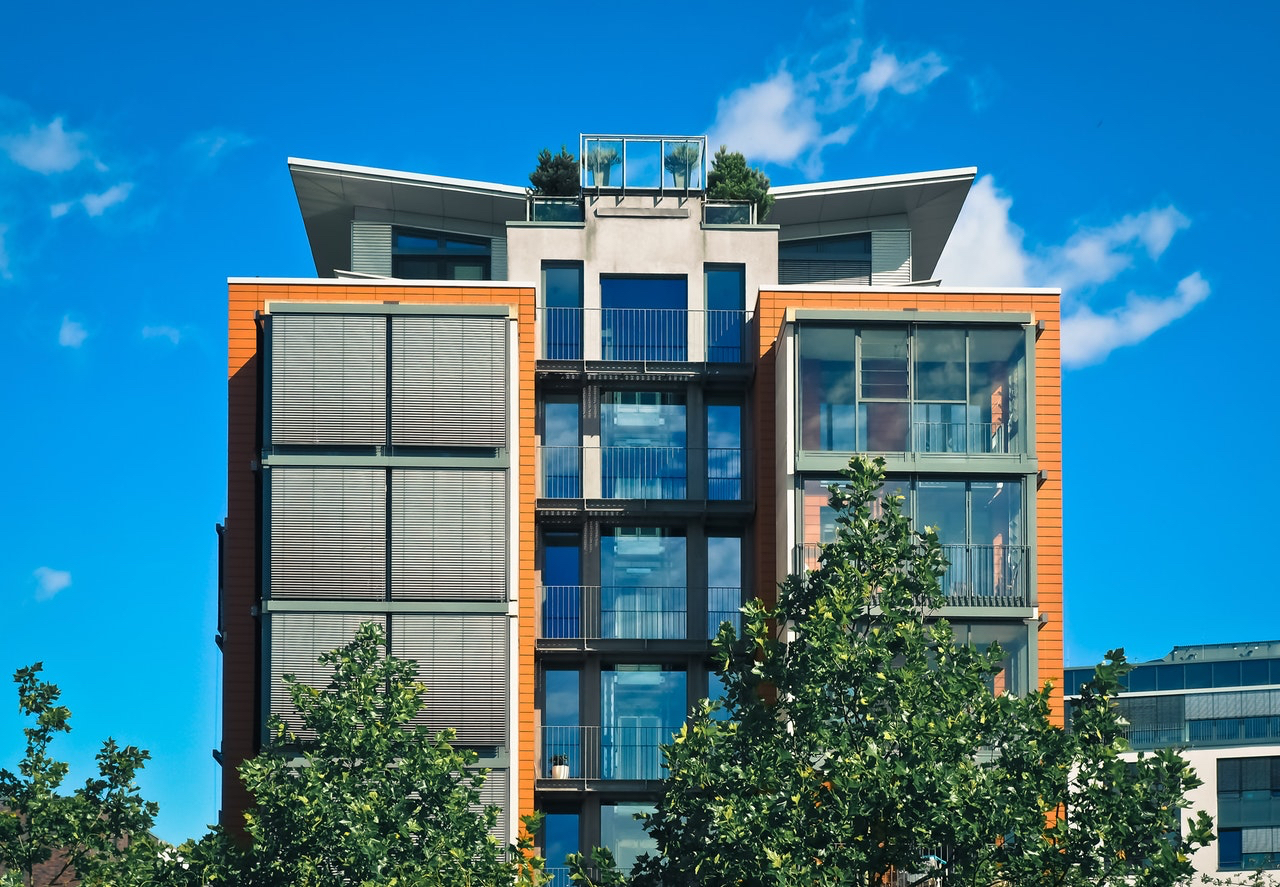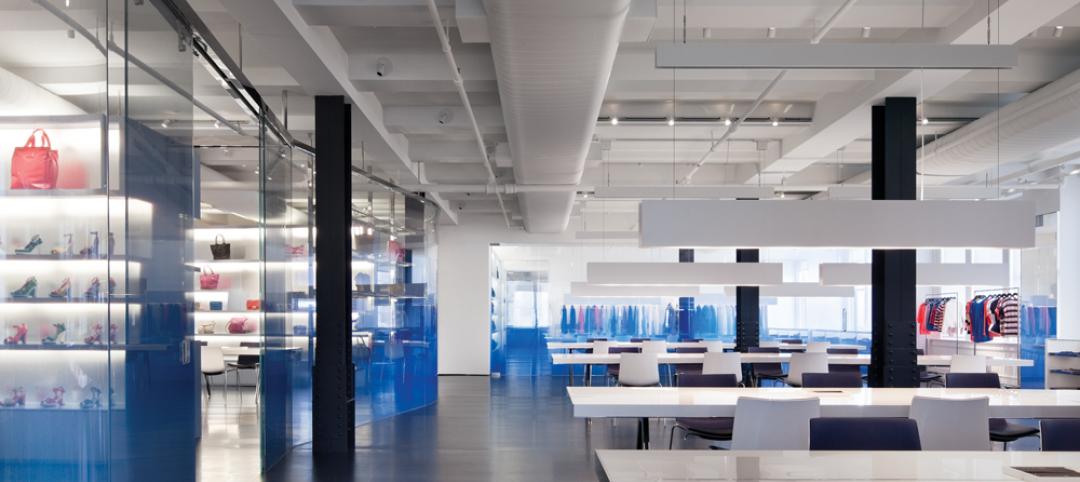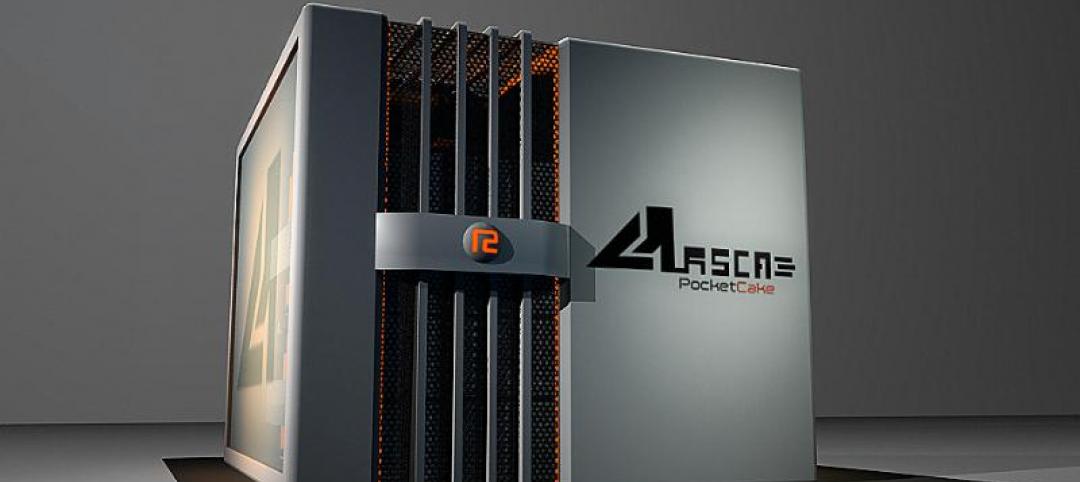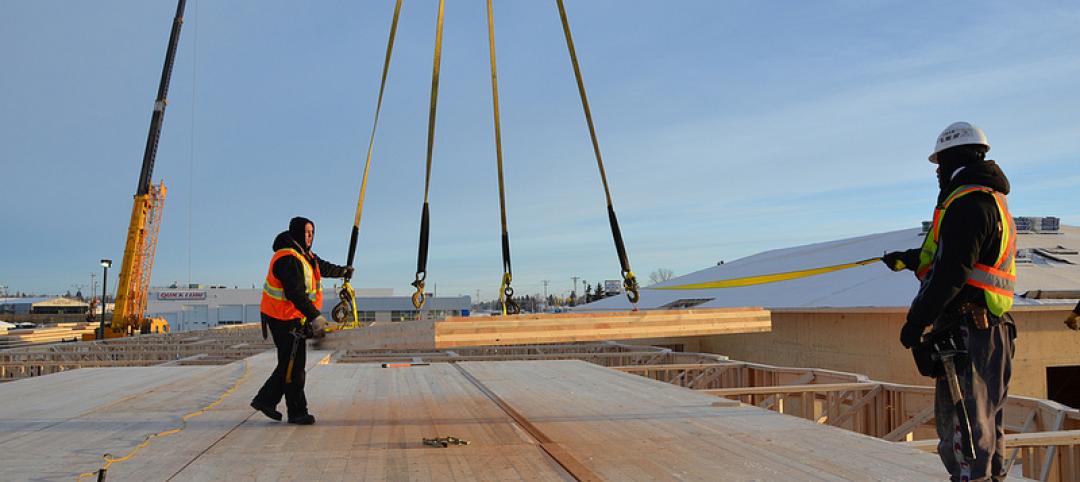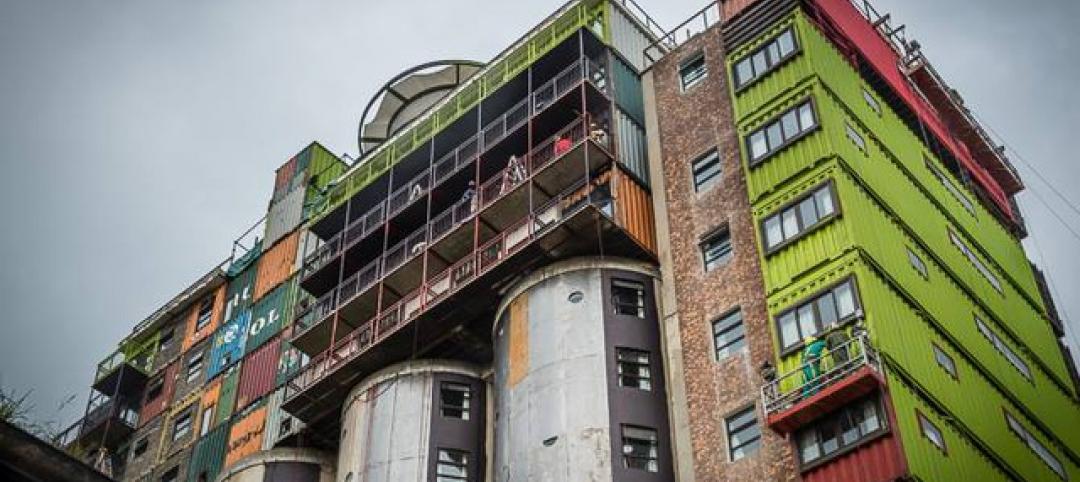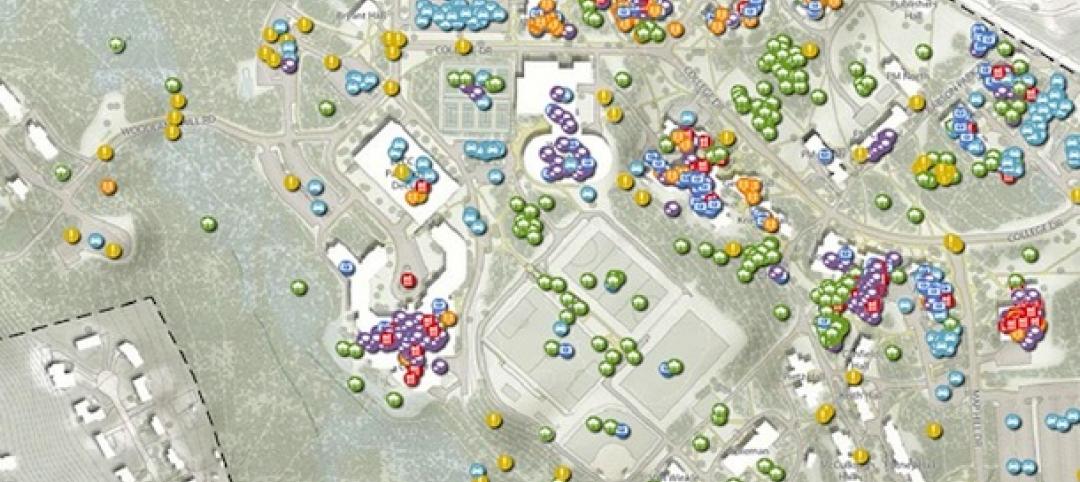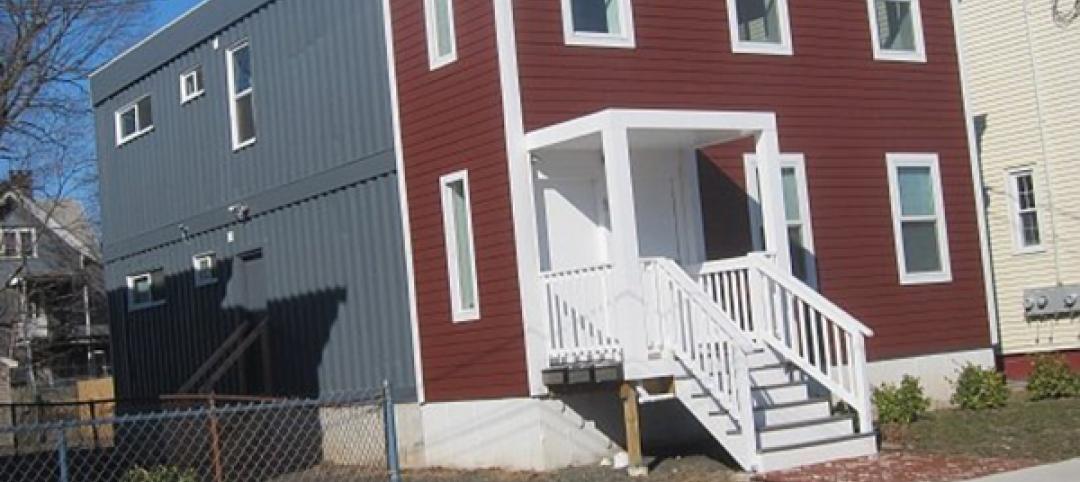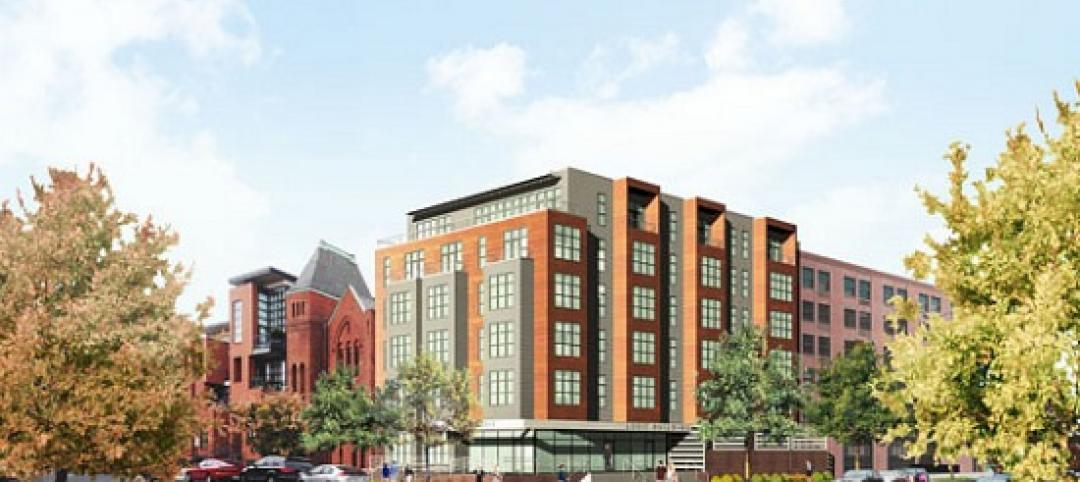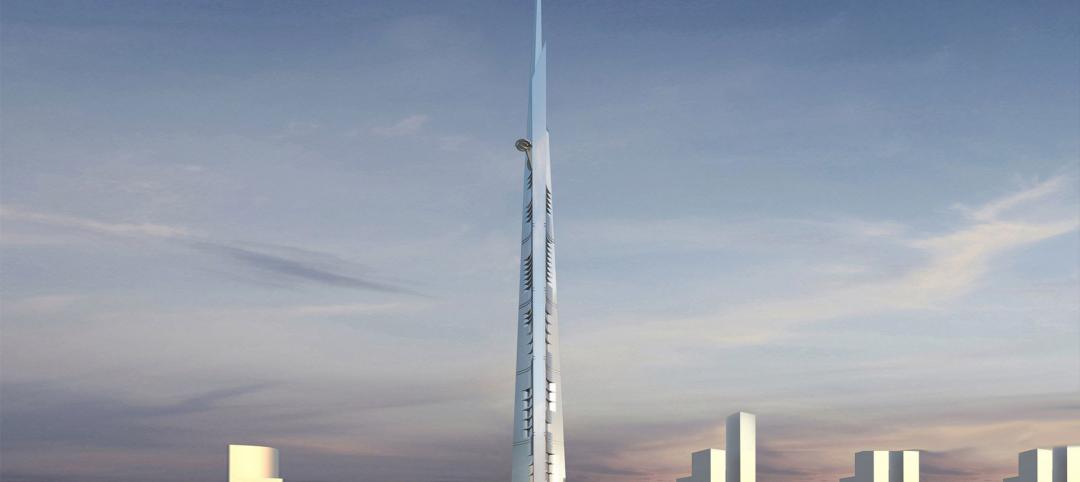Brace yourself. I’m about to unleash a tsunami of data to make the argument that the multifamily market is still going strong, despite all the sturm und drang about the coming global economic slowdown and its possible negative effect on apartment starts. Thanks to economist Danushka Nanayakkara-Skillington, the NAHB’s Assistant Vice President for Forecasting & Analysis, and Robert Dietz, PhD, NAHB Chief Economist, who presented the data at the 2019 NAHB International Builders’ Show.
Multifamily housing starts should hit 379,000 units this year. That’s 2% down from 2018’s 386,000, but well ahead (by 10%) of the average for multifamily starts from 2000 to 2007 and not that far off of the post-recession high of 394,000 in 2015.
Multifamily’s share of total housing under construction continues to run in the mid- to high-50% range. That’s probably because single-family construction has still not fully ramped up, although its slope is still up and to the right.
Rental production continues to dominate multifamily construction. The built-for-rent share of multifamily construction has held steady in the 90-95% range for the last five years. Somewhere in America there are brave souls who are building condominiums and for-sale townhomes, but apparently they are few and far between. Demand for rental at all price points continues to be the guiding force in the multifamily market.
According to the Joint Center for Housing Studies at Harvard University,
nearly half of all renters (47%) are “cost-burdened”: they pay more than 30%
of household income for their apartments. Of these 20.8 million cost-burdened
renters, 11.0 million pay more than half their family income for shelter.
Bigger projects provide the bulk of the units in completed multifamily buildings. Projects with 50 or more dwelling units supplied more than half (52%) of the 357,000 completed multifamily residences in 2017 (the last year for which U.S. Census Bureau data was available). Mid-size projects (10 to 49 units) accounted for 40% of completed dwelling units; projects with less than 10 residences yielded the remaining 7-8%. Scale matters.
Multifamily housing starts returned to 107% of normal in Q3/2018. Multifamily starts have returned to normal or above from the market bottom in 2009 in 27 states and the District of Columbia. Alabama is the only state that has not dug out of the trough since 2009.
The senior market may be slowing a bit, but it’s still positive. The NAHB 55+ Housing Market Index fell from a high of 68 in mid-2018, to 56 later in the year. Since any score over 50 indicates a positive attitude by builders and developers, it looks like the market influencers still see senior living facilities as a viable opportunity. My fellow baby boomers and I aren’t getting any younger.
To summarize, apartments are being built, and in goodly number. That’s the rosy side of the multifamily picture. The flip side is that not enough of it is affordable.
According to the Joint Center for Housing Studies at Harvard University, nearly half of all renters (47%) are “cost-burdened”: they pay more than 30% of household income for their apartments. Of these 20.8 million cost-burdened renters, 11.0 million pay more than half their family income for shelter.
Hardest hit: single-parent families and those over age 65.
Those are sobering statistics. What do you think can be done to address this problem?
Related Stories
| Mar 12, 2014
14 new ideas for doors and door hardware
From a high-tech classroom lockdown system to an impact-resistant wide-stile door line, BD+C editors present a collection of door and door hardware innovations.
| Feb 27, 2014
PocketCake lunches CPU designed for virtual reality simulations
The company's Virtual Reality Simulation Converter Assembly is three times more powerful than the average high-performance computer and allows for up to eight people to experience a virtual reality simulation at the same time.
| Feb 20, 2014
5 myths about cross laminated timber
A CLT expert clears up several common misconceptions and myths surrounding the use of wood as a building material.
| Feb 14, 2014
Must see: Developer stacks shipping containers atop grain silos to create student housing tower
Mill Junction will house up to 370 students and is supported by 50-year-old grain silos.
| Feb 14, 2014
Crowdsourced Placemaking: How people will help shape architecture
The rise of mobile devices and social media, coupled with the use of advanced survey tools and interactive mapping apps, has created a powerful conduit through which Building Teams can capture real-time data on the public. For the first time, the masses can have a real say in how the built environment around them is formed—that is, if Building Teams are willing to listen.
| Feb 5, 2014
7 towers that define the 'skinny skyscraper' boom [slideshow]
Recent advancements in structural design, combined with the loosening of density and zoning requirements, has opened the door for the so-called "superslim skyscraper."
| Feb 4, 2014
Must see: Student housing complex made with recycled shipping containers
Architect Christian Salvati's new structure is just the first step in bringing shipping container construction to New Haven, Conn.
| Jan 29, 2014
Historic church will be part of new condo building in D.C.
Sorg Architects unveiled a design scheme for 40 condos in a six-story building, which will wrap around an existing historic church, and will itself contain four residential units.
| Jan 28, 2014
First Look: BIG's Honeycomb building for Bahamas resort [slideshow]
BIG + HKS + MDA have unveiled the design for the new Honeycomb building and adjacent plaza in The Bahamas – a 175,000-sf residential facility with a private pool on each balcony.
| Jan 28, 2014
2014 predictions for skyscraper construction: More twisting towers, mega-tall projects, and 'superslim' designs
Experts from the Council on Tall Buildings and Urban Habitat release their 2014 construction forecast for the worldwide high-rise industry.


